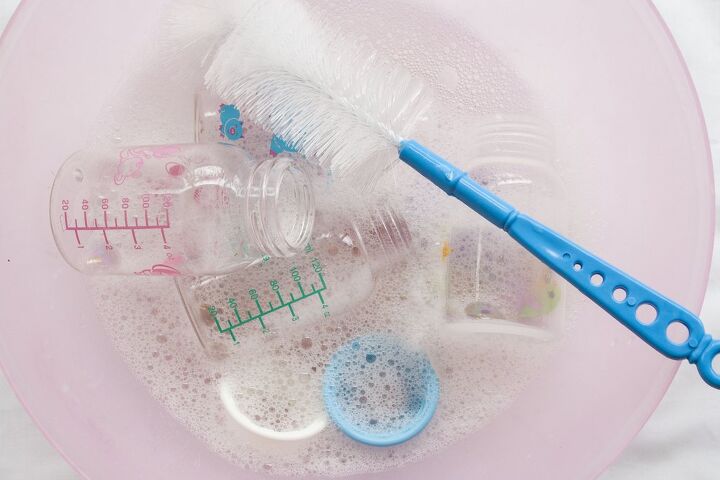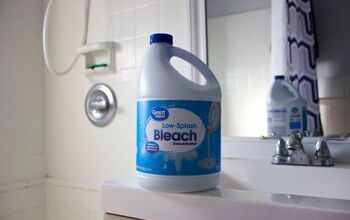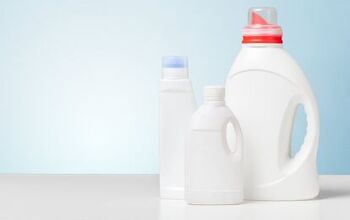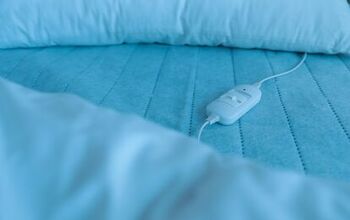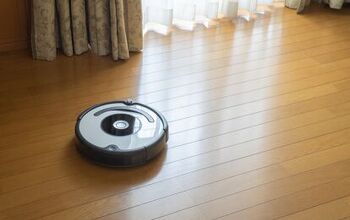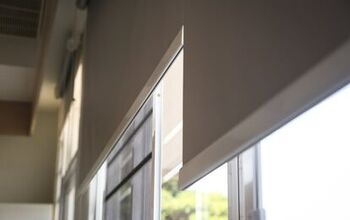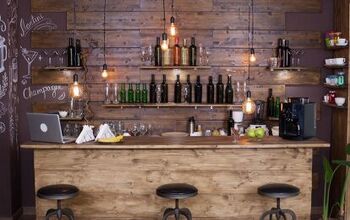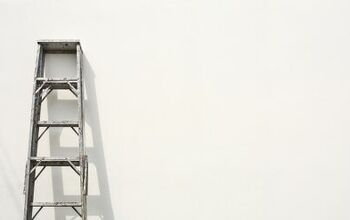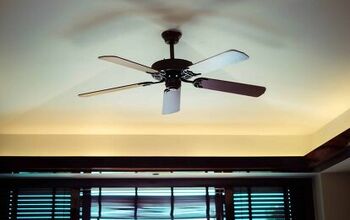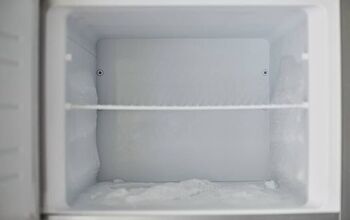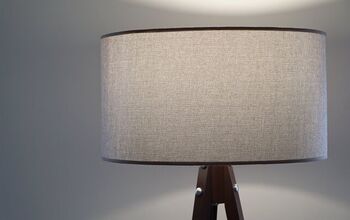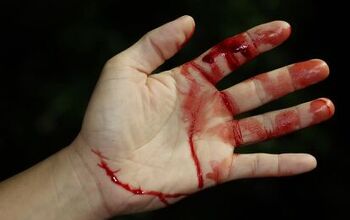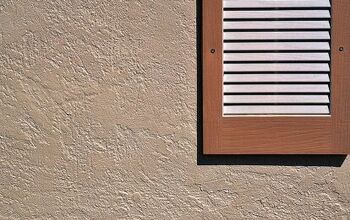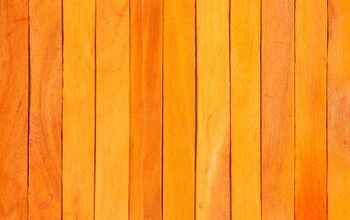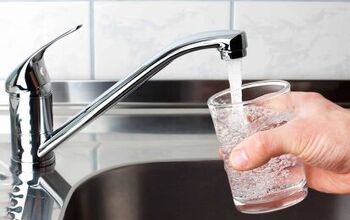Can You Wash Baby Bottles With Dawn? (Find Out Now!)

Wondering how you should clean your baby’s bottles? You’re not alone! Like anything regarding your baby, you want to ensure that you are upholding the highest standards for hygiene. So, this brings us to the question at hand: can you wash baby bottles with dawn dish soap?
Yes, dawn dish soap is proven to be safe and effective for cleaning baby bottles. Dawn has also long been considered a “greener” alternative to a number of other dishwashing liquids and soaps out there. However, dawn sometimes leaves behind a soapy odor. For this reason, you should rinse baby bottles thoroughly after washing or sterilize them to remove the smell.
Continue reading to learn more about the importance of washing baby bottles, how to wash them using dawn dish soap, and more frequently asked questions related to the subject.
Importance of Washing Baby Bottles
By nature, your children are more susceptible to germs, chemicals, and harmful substances. For this reason, as a parent, you must always think twice about what you put in your child’s mouth as it could negatively impact their health. On particularly busy or exhausting days, it may be tempting to forgo cleaning your baby’s bottles properly.
However, keeping your baby’s bottles free of germs is crucial to their health. Skipping this critical step can lead to bacterial buildup in your baby’s mouth and may expose your baby to serious health risks. This is especially the case with babies younger than three months, as their immune systems are still developing, which makes them very vulnerable to bacteria and viruses.
Can You Wash Baby Bottles with Dawn?
Hand washing is one of several methods you can choose from to clean your baby’s bottles. However, is dawn dish soap a viable option for this method? Yes, dawn dish soap is perfectly safe and effective to use for washing baby bottles. For a gentle clean that is free of any dyes, opt for the Dawn® Free and Clear liquid dish soap.
Dawn works great for cleaning baby bottles, as it does not leave behind a residue when rinsed properly. Though, it can leave behind a soapy smell. To remove it, you’ll want to make sure that you thoroughly rinse the bottles after cleaning. Sterilizing your baby’s bottles will also remove all odors and residue and give you extra germ removal.
How Often Should You Wash Baby Bottles?
The CDC recommends that you clean your baby’s bottles immediately after each use to avoid any buildup of bacteria and germs. If your baby does not finish drinking any of the remaining formula or milk within two hours, throw out the excess. Germs can form quickly if milk or formula is added into a bottle that was partially used or only rinsed, instead of cleaned.
Sanitization, or sterilizing baby bottles does not have to be done after each use. It is recommended, however, that you sanitize baby bottles at least once a day for extra germ removal. This is particularly important for babies that are younger than three months, have weakened immune systems, or were born prematurely.
Daily sanitization of bottles and other feeding items may not be necessary for older, health babies. But, it is still crucial that these items be cleaned thoroughly after each use.
How to Wash Baby Bottles with Dawn
While it may seem a bit overwhelming to wash your baby bottles, caps, and nipples after each use, by following the necessary steps, scrubbing immediately isn’t always necessary. With that said, follow these steps to hand wash your baby’s bottles with dawn dish soap:
- Gather your materials. Aside from a sponger, you’re going to need a delicate bottle brush and nipple brush for cleaning hard-to-reach spots in the bottles. For soap, choose Dawn® Free and Clear for a gently clean that is free of dyes.
- Rinse immediately after feeding. Right after you’ve finished feeding your baby, give the bottle a brief rinse under warm water to remove lingering residue. Then, you can come back to it later when you have more time and thoroughly clean a full day’s worth of bottles
- Fill up a bowl with hot, soapy water. Add hot water to a bowl and add in about a squirt of the Dawn soap. Make sure that the bowl you use is clean and only used for cleaning your baby’s feeding items. Avoid washing directly in the sink as it could contain germs that may contaminate the bottles.
- Separate all the bottle parts. It’s important to take apart every component of the bottle, as old milk can collect between the nipple, ring, and bottle itself.
- Wash each part individually. Put each of the parts into the hot, soapy water and wash them individually. Use the bottle brush for the bottle and the nipple brush for all the attachments. Then, squeeze soapy water through the hole in the nipple gently to remove any trapped milk.
- Rinse all parts. Once all parts have been thoroughly scrubbed, rinse them off by running them under water to remove any lingering soapy residue.
- Dry bottles and the attachments. To dry, place the bottles and their attachments upside in your dish rack. All feeding items are now clean and ready for the next feeding.
Can You Wash Baby Bottles in the Dishwasher?
You can only wash your baby bottles in the dishwasher if they are dishwasher safe. If you use your dishwasher on the hottest water setting and a heated drying cycle you are also effectively sanitizing the bottles as well! So, this means that no additional sterilization by hand is necessary.
When cleaning baby bottles in the dishwasher, make sure you separate all the parts and rinse them with clean water first. Then, place all the small components (like valves, nipples, and rings) in a dishwasher safe basket to keep them from getting jostled around during the cycle. Run a hot-water and heated dry cycle or the sanitizing setting (if your dishwasher has one).
Once the cycle has finished, removed the bottles and attachments and let them air dry upside down on a clean cloth.

Jessica considers herself a home improvement and design enthusiast. She grew up surrounded by constant home improvement projects and owes most of what she knows to helping her dad renovate her childhood home. Being a Los Angeles resident, Jessica spends a lot of her time looking for her next DIY project and sharing her love for home design.
More by Jessica Stone



